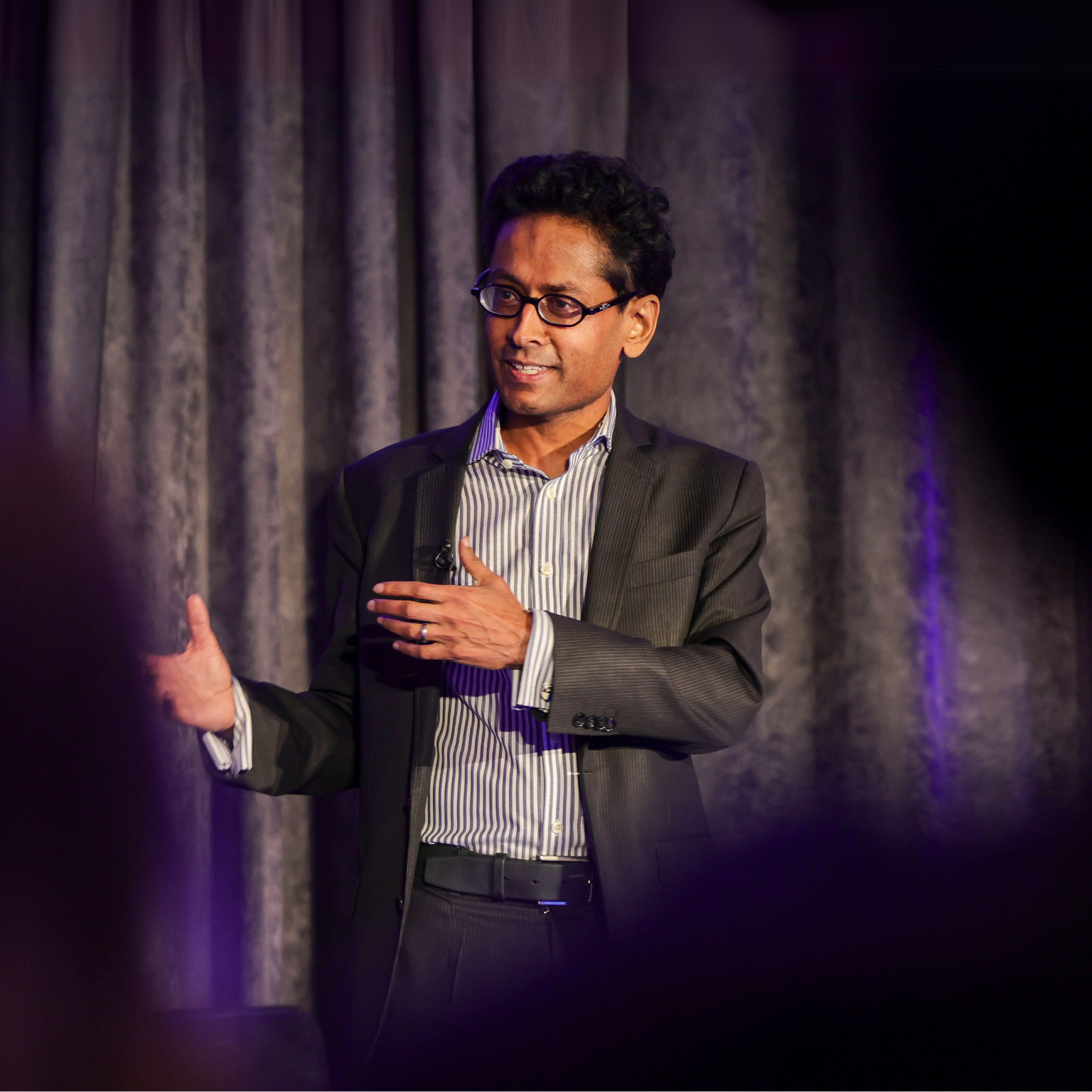A day in the life of a research nurse
As we mark International Clinical Trials Day (ICTD), research nurse June Considine (pictured) describes a typical day’s work at Clinical Research Facility UCC, a HRB centre supporting clinical trials to improve health and care.
7 min read - 17 May 2022

I’m a research nurse and I work in food allergies and immunology. A lot of people, even those who work in hospitals, aren’t aware that research nurses exist, but we play a very important part in clinical studies and research.
Supporting patients and their families
We hold everything together, from finding patients to participate in studies and getting their consent, to ensuring their medicines are available at the right time and keeping track of their data. We do this while being there for the patient and their family and making sure they are supported.
I am one of 15 nurses working in the HRB-funded Clinical Research Facility (CRF) UCC. We are involved in a range of patient-focused research studies. Some are interventional and some are non-interventional, and some are academic and some are commercially sponsored*. I manage the co-ordination of the paediatric studies.
Like many hospital workers, my day starts early. As soon as I am in, I check for any emails that came in overnight. Our clinical study teams are across the globe, so it’s rare there wouldn’t be something that needs my attention first thing. Then, when the first patient arrives at the hospital I meet them, and I bring them and their family to the correct place, which will vary depending on what we are doing.
Helping children with peanut allergies
One of our main interests is in helping children with severe peanut allergies. We expose them to a small amount initially – maybe a quarter of a peanut – and observe their response in the following hours. Then we increase the amount of peanut in the challenge each time they come in to build their tolerance. These challenges are used all over the world in food allergy. For us in clinical trials, we use them to determine the children’s reactions and their sensitivity to peanut at the start of the study before they start on their study drug. Then, once they have been on the drug for a period of time (usually one year), we repeat the food challenge and hope to see an improvement.
We have had fantastic results where children may have initially reacted severely to less than one peanut and can then tolerate a significant amount with a mild reaction or even in some cases, no reaction at all after one year.
There’s a saying in clinical studies that if it wasn’t documented then it wasn’t done, so we need to record a lot of information as we go. That means capturing every bit of data – from a patient’s blood results to blood pressure to temperature and every little sneeze or even a spot on their skin – and putting it into an online database. As the research nurse, it’s my responsibility to make sure the data are all up to date before I walk out the door for the day.
Getting consent from research participants
During the day I must attend a lot of meetings with colleagues in the hospital or the CRF to update everyone on how studies are going. I am also the parents’ point of contact. Getting consent from them is a huge part of my job. This involves making sure that the parents and child are happy to be in the study and being there to support them.
When a child has a severe food allergy it can be a very anxious time for the parents and whole family. The children and their families are doing a big favour to the world of research by taking part in studies. So, I want to look after them and make sure they are well-informed.
One of the really nice things to see as a child becomes more tolerant of a certain food is the knock-on effect on the family. Maybe now they can go away on holidays or out to meals in a way they couldn’t before.
24-hour support line
On a quiet day I finish at about 5pm. But sometimes I need to stay on to make sure data are in the system or if a child has had a reaction to the food challenge, to make sure they are doing ok. Then sometimes I would oversee the 24-hour phoneline that parents can use to call us if they have any questions or worries, so I would be on call for them that night.
I love the mix of nursing and academia in the job. I did my nursing training originally in Cork – the Integrated General Paediatric course in University College Cork (UCC) – and I worked as a staff nurse in Cork University Hospital (CUH). I really enjoyed that, particularly working with children, but I always had an interest in academia. I did a research masters in UCC, but then I missed the nursing side of it. So, when I saw an ad for a paediatric research nurse I went for it, and I started my post in this CRF seven years ago.
Wide-ranging job scope
The scope of the job has really expanded since then. Initially most of my work was face to face with the parents and patients. Now I do a lot behind the scenes too, including financial planning, managing deliveries of medications to the hospital and corresponding with the study sponsors.
For me it’s all about increasing the quality of care in a clinical trial, making sure everything is best practice. The research nurse brings everything together. We are the ones who know the protocols and patients like the backs of our hands.
In my line of work, the kids are often coming back to see us over months and even years. You really get to know them and it’s lovely to watch them grow. There is so much we don’t yet know about why children get severe food allergies. Only about 20% grow out of them, so it’s important we do this research to help the ones who don’t, so that they and their families can have a better quality of life.
In conversation with Claire O’Connell.
ENDS
Watch June being interviewed by Claire O’Connell on the HRB YouTube channel.
Read more about HRB investment in Clinical Trials Infrastructure.
*Types of research studies
Interventional and non-interventional research studies
These are the two main types of research studies. They are also known as experimental and observational studies respectively. To put it simply, an interventional (or experimental) study is where the researcher tests or experiments with a specific intervention on a specific patient/condition. For example, the effectiveness of a new pain medication in a patient who is experiencing pain, or a new type of cardiac pacemaker on patient with heart disease. A non-interventional (or observational) study is where the researcher is observing something without intervening. For example, observing the growth of a child over the course of a year, or observing the deterioration of an Alzheimer’s patient’s memory over a period of time.
Academic and commercially sponsored research studies
Academic studies are run by universities and are often led by students as part of a master’s or PhD, and sometimes by staff in an area of interest. They are generally simple, low-cost, and non-interventional, as universities would generally lack the resources to, for example, test new drugs on patients. This would also be unsafe. Academic studies may involve patient questionnaires. For example, patients with diabetes may be asked about their quality of life, or parents may be asked about anxiety concerning their child’s health. The HRB-funded CRF UCC assists in these studies because it is based in the hospital and can connect the university to patients. Commercial studies are bigger, high-cost, and more risky studies led by a commercial entity, also known as the sponsor. A good example are the COVID vaccine studies where Pfizer was the commercial company/sponsor leading it. These studies tend to be interventional.
7 min read - 17 May 2022



